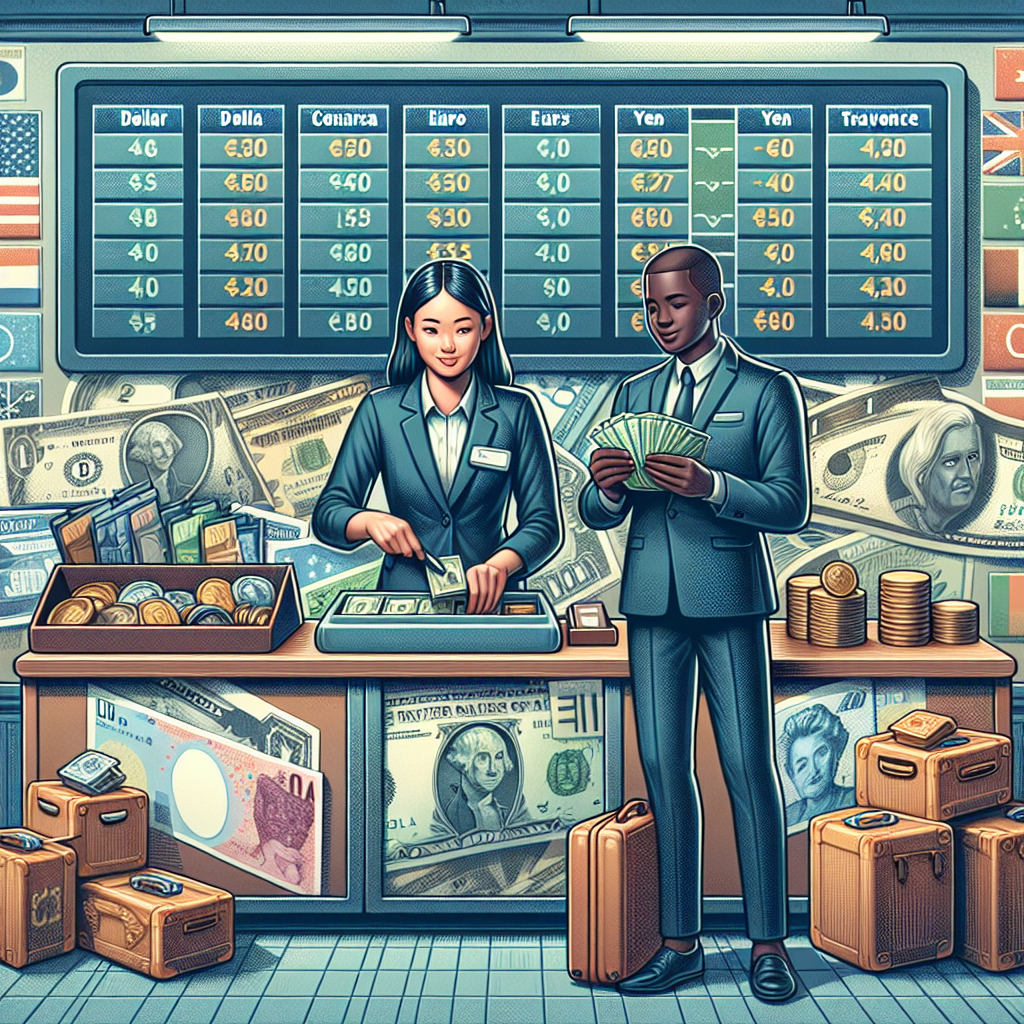Crackdown on Black Market Dollar Trading Bolsters Rupee but Shifts to Digital Platforms
Pakistan's recent crackdown on black market dollar trading has temporarily strengthened the rupee, though traders have adapted by moving transactions online and offering home deliveries. While many unlicensed exchange shops have closed, the demand persists through digital channels, leaving long-term effects uncertain.

The Pakistani rupee has shown signs of recovery following a government-led crackdown on black market dollar trading. This enforcement effort commenced on July 22, involving raids conducted by the Federal Investigation Agency. The military spy agency's involvement highlighted the urgency to mitigate the U.S. dollar's surging value against the rupee.
Despite the intensified efforts, traders report that clandestine dealings continue, having shifted to digital platforms such as messaging apps, enabling transactions through more discreet means including home deliveries. The crackdown appears to have disbanded visible exchange shops, but the under-the-counter trade persists through networks circumventing red tape and tax obligations.
Banking authorities, under pressure to maintain economic stability, have urged banks to source dollar inflows independently via exports and remittances. Meetings underscoring a disciplined financial approach are ongoing, emphasizing the necessity to narrow the rate discrepancy between interbank and open market exchanges to deter speculative trading practices.
(With inputs from agencies.)










